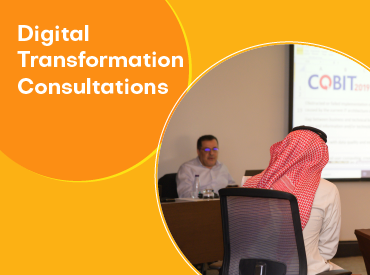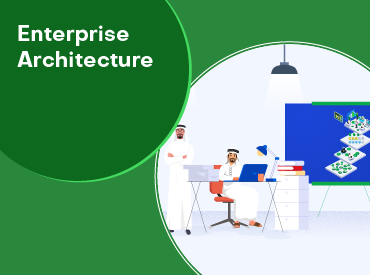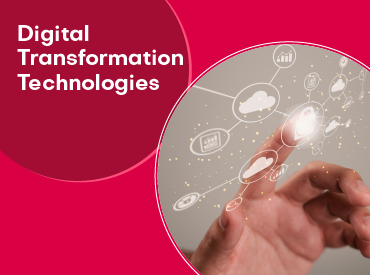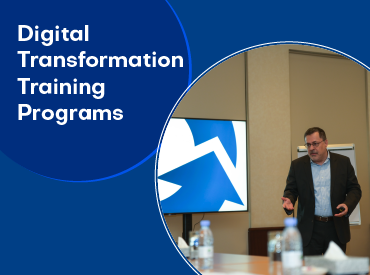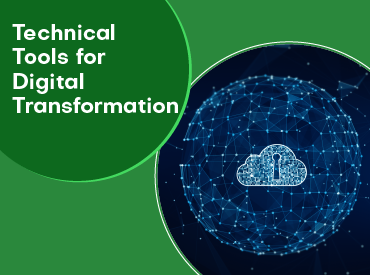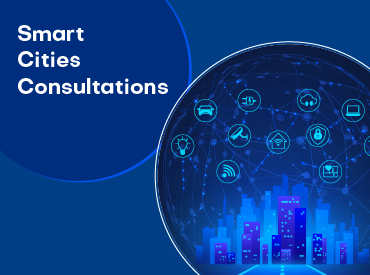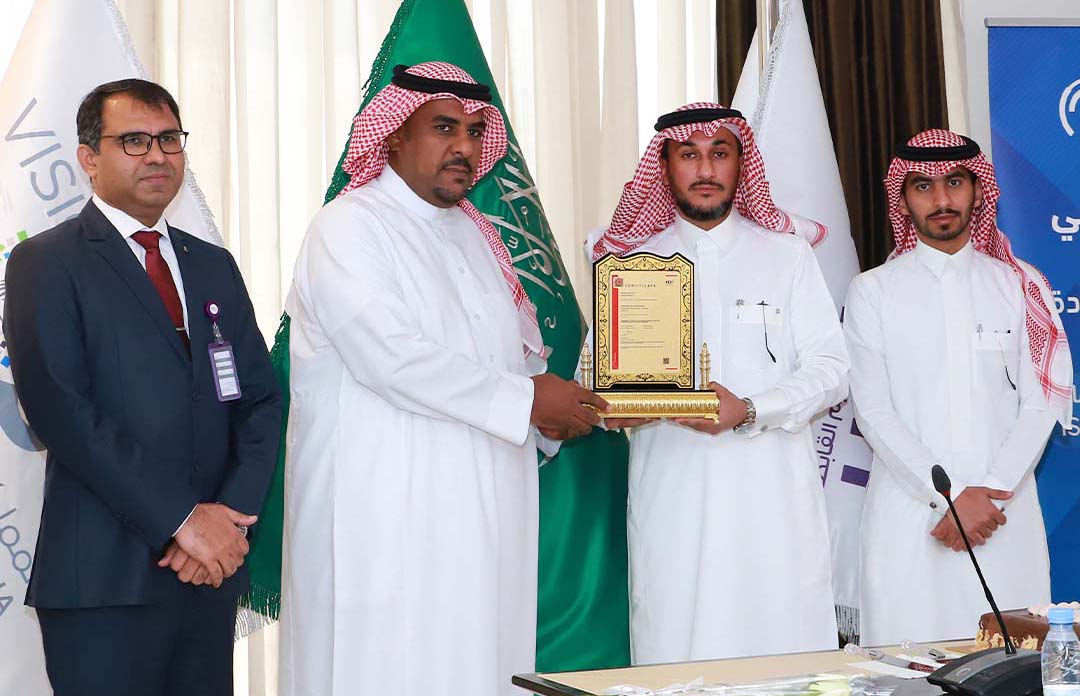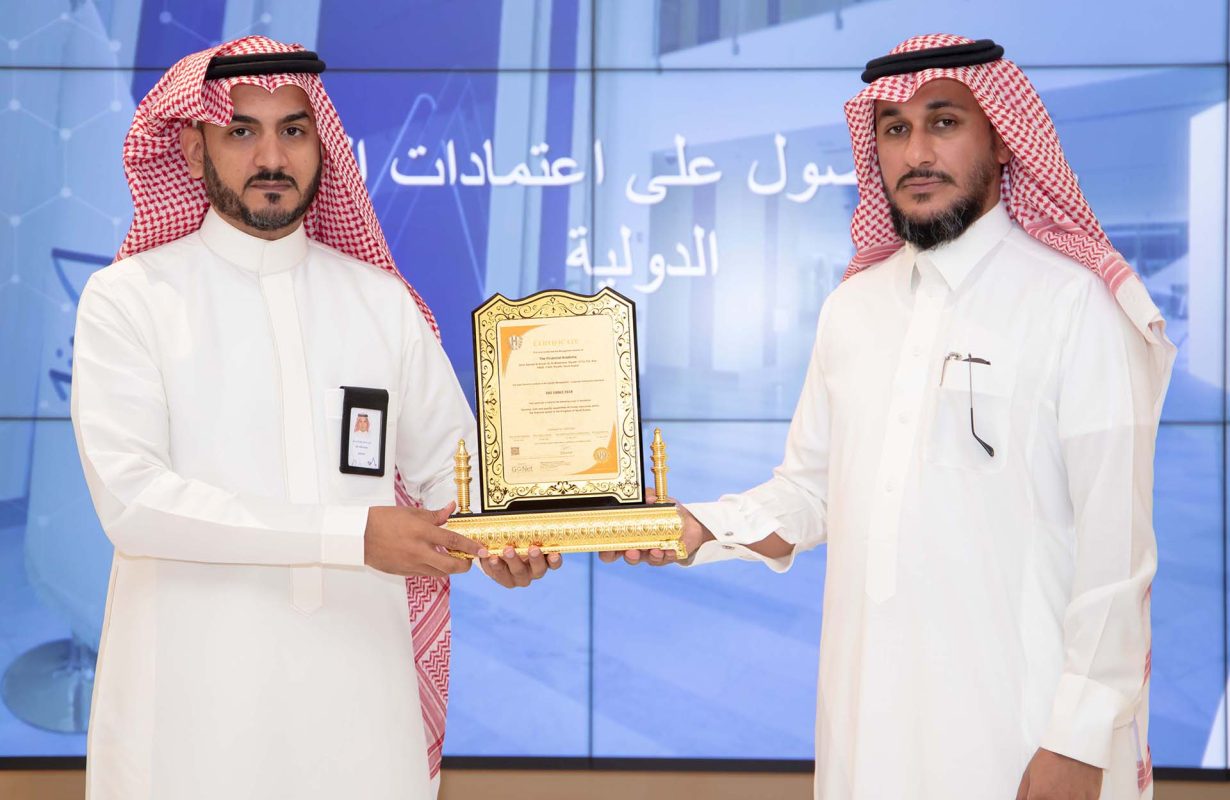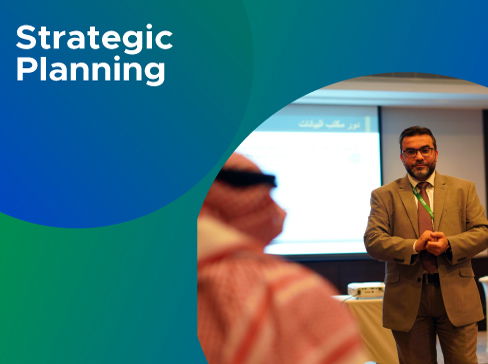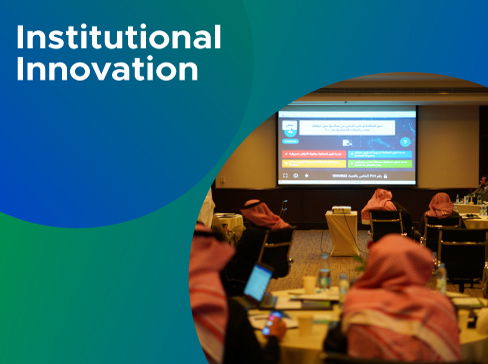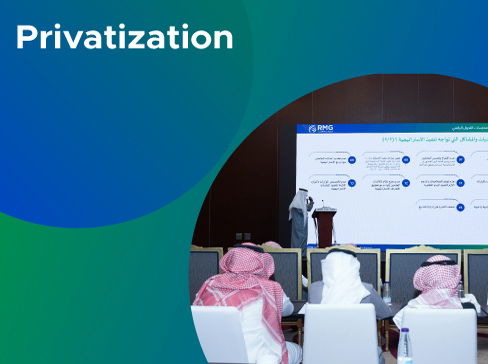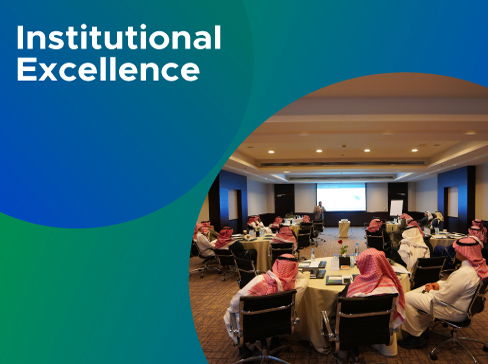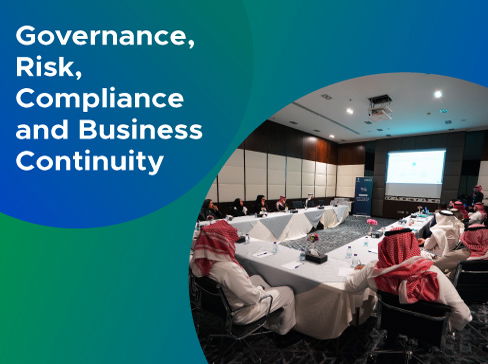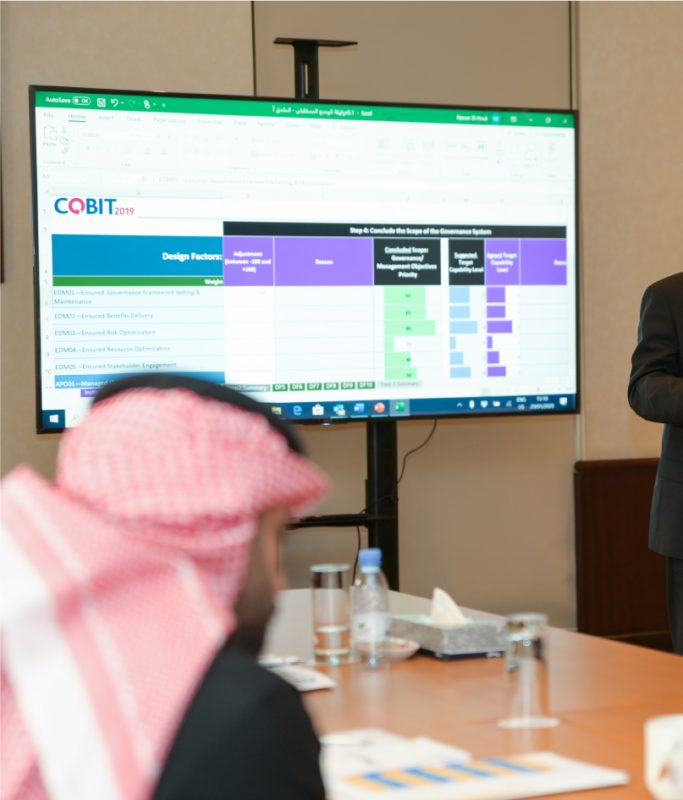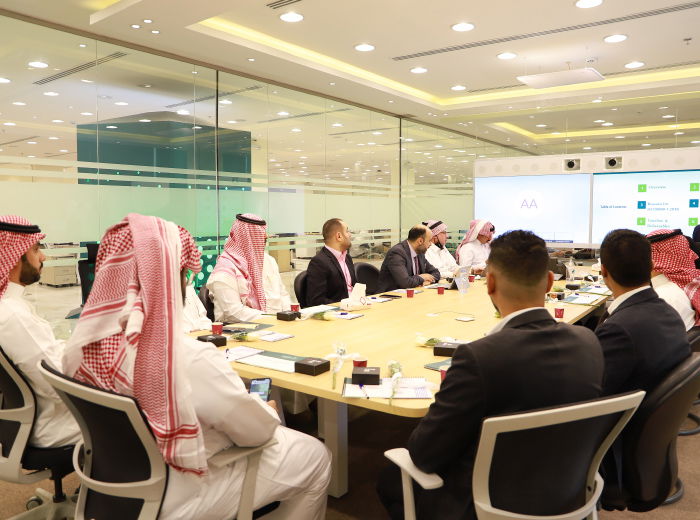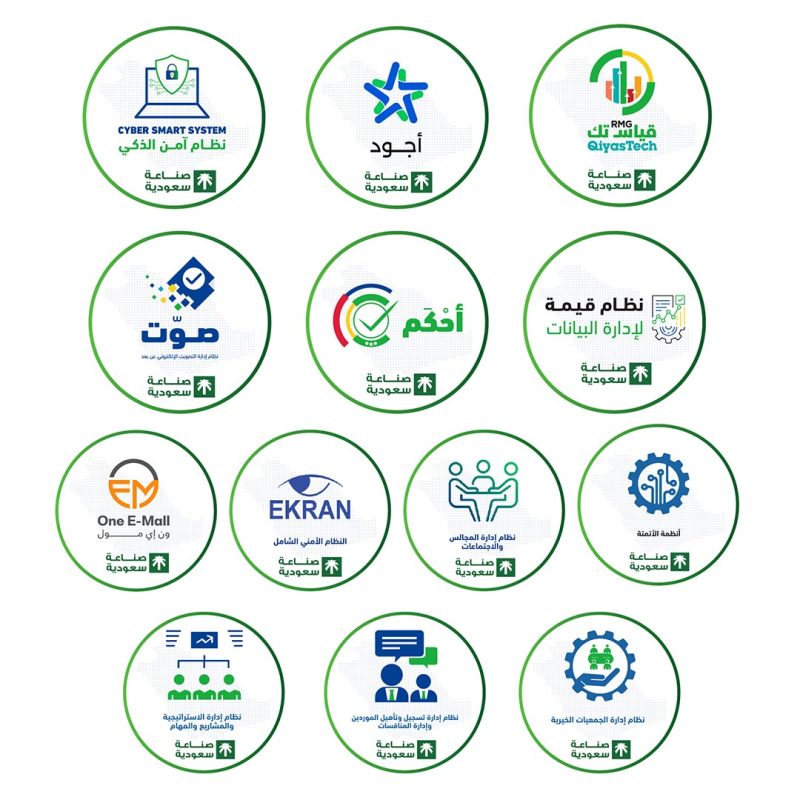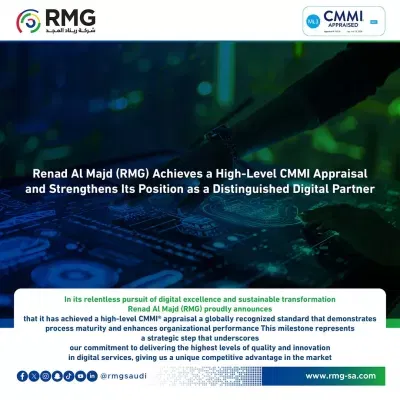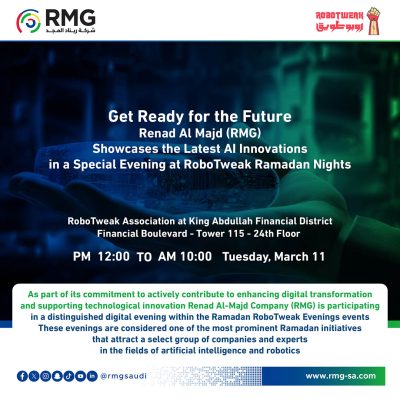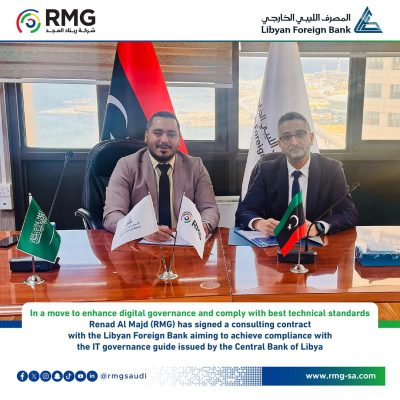Blog Body
Discover what digital technologies are, their types, the latest applications, and their vital role in education and digital transformation. Learn how RMG (Rinad Al Majd) can support you on your digital journey.
Today’s world is undergoing a radical transformation driven by the rapid advancement of digital technologies. These technologies are no longer merely supplementary tools—they have become an integral part of our daily lives and the global economy. At the heart of this transformation stands the Kingdom of Saudi Arabia, embracing an ambitious vision (Vision 2030) aimed at diversifying its economy and building a vibrant society based heavily on innovation and digitization.
Understanding what digital technologies are, their types, and applications is essential—not only for specialists but for every individual and organization seeking to thrive in this new era. This article provides a comprehensive overview of the world of digital technologies, highlighting their definition, types, current trends, and diverse applications. Special focus is placed on their role in education, their strategic importance to the Kingdom, and how strategic partners such as RMG can contribute to accelerating this transformation.

What Are Digital Technologies?
To grasp the world of digitization, we must first ask: What are digital technologies?
Simply put, digital technologies refer to all electronic tools, systems, devices, and resources that generate, store, or process data using a binary system (zeros and ones). Unlike analog technologies that rely on continuous and variable signals, digital technologies use discrete and defined signals, allowing for greater accuracy, easy replication and distribution, and high processing and storage capabilities.
The infrastructure of these technologies includes hardware components such as computers, smartphones, servers, and sensors, and software components such as operating systems, applications, and algorithms, as well as communication networks that connect all these components—most notably, the global Internet.
At its core, digital technology has the power to transform all forms of information (text, sound, image, video) into a digital format that can be efficiently processed, analyzed, and shared.
Types of Digital Technologies
The world of digital technologies is vast and diverse. To answer the question “What are the types of digital technologies?”, they can be categorized based on their functions or fields of application. Key types include (but are not limited to):
- Communication and Information Technologies:
Including the Internet, mobile networks (like 5G), Wi-Fi, social media platforms, email, and instant messaging apps. These are the backbone of modern communication and information exchange. - Data Processing and Storage Technologies:
Such as cloud computing, which provides scalable computing resources on demand; big data, which handles vast and varied datasets; and data analytics, which extracts valuable insights from this data. - Intelligent and Automation Technologies:
Including Artificial Intelligence (AI) and Machine Learning (ML), which enable machines to learn and make decisions; Internet of Things (IoT), which connects everyday devices to the Internet for remote data collection and control; robotics and automation, which handle repetitive or hazardous tasks. - Interactive and Interface Technologies:
Such as Virtual Reality (VR), which immerses users in entirely digital environments, and Augmented Reality (AR), which overlays digital information onto the real world. - Digital Security Technologies:
Including cybersecurity solutions that aim to protect systems, networks, and data from unauthorized access and cyberattacks. - Trusted Transaction Technologies:
Such as blockchain, a decentralized and secure ledger used in cryptocurrencies, smart contracts, and more.
Applications of Digital Technologies: A Broad Transformation Across All Sectors
Digital technologies have a wide range of applications, permeating every aspect of life and economic and social domains. In Saudi Arabia, they play a central role in realizing Vision 2030:
- Economy and Business:
E-commerce, digital marketing, FinTech solutions such as digital banking and electronic payments, business analytics for smarter decision-making, and cloud-based ERP systems. - Government Services:
The move toward e-government and digital governance to streamline procedures and provide faster, more efficient services to citizens and residents (e.g., Absher platform). - Healthcare:
Electronic medical records, telemedicine, health tracking apps, and the use of AI in medical imaging and disease detection. - Industry and Energy:
Smart factories, predictive maintenance using IoT, energy efficiency improvements, and development of smart grids. - Transportation and Logistics:
Vehicle tracking and booking apps, smart traffic management systems, and supply chain optimization using analytics and blockchain. - Entertainment and Media:
Digital streaming platforms, electronic games, interactive content, and immersive VR/AR entertainment experiences.

Latest Digital Technologies: Shaping the Future
The digital landscape is evolving at an astonishing pace, constantly introducing new technologies with massive potential:
- Generative AI:
Capable of creating new content (text, images, music, code) based on training data, opening up unprecedented possibilities in creativity and productivity. - Edge Computing:
Brings data processing and storage closer to the source (edge devices), reducing latency and improving efficiency for applications like IoT and autonomous vehicles. - 6G Technology:
Still in development, promises significantly faster speeds and lower latency than 5G, enabling more advanced future applications. - Quantum Computing:
Though in early stages, offers processing capabilities far beyond traditional computers, potentially revolutionizing fields like drug discovery, materials science, and encryption. - Metaverse:
A concept of an interconnected 3D virtual world where users can interact with each other and digital environments in immersive ways, possibly transforming how we work, learn, and socialize.
Digital Technologies in Education: Building the Future Generation
Education is one of the sectors most affected—and most empowered—by digital technologies. They have become indispensable in enhancing learning experiences and equipping students with essential skills for the knowledge era. Their significance includes:
- Expanding Access to Knowledge:
Providing digital educational resources (e-books, videos, articles) to everyone regardless of location. - Personalizing the Learning Experience:
Using Learning Management Systems (LMS) and AI to deliver tailored learning paths that match individual students’ needs. - Enhancing Engagement:
Through interactive tools, virtual classrooms, educational games, and collaboration platforms that make learning more dynamic. - Developing Digital Skills:
Equipping students and educators with the necessary digital competencies to use these tools effectively and safely. - Administrative Efficiency:
Automating administrative and organizational tasks in educational institutions.
Saudi Arabia places great importance on integrating digital technologies into education as part of its broader efforts to develop human capital and achieve Vision 2030 goals.
RMG’s Role in Enabling Saudi Arabia’s Digital Transformation
In this vast sea of technologies and applications, strategic partners capable of guiding organizations and individuals through successful digital transformation journeys are crucial. This is where RMG (Rinad Al Majd), a leading Saudi consulting and technology solutions provider, comes into play.
RMG deeply understands the significance of digital technologies and their essential role in driving institutional growth and excellence across various sectors and organization sizes. With a team of highly skilled experts and professionals, RMG stays up-to-date with the latest digital advancements and knows how to harness them to serve client goals.
RMG provides a full suite of services covering every aspect of digital transformation, including:
- Strategic Digital Consulting:
Helping organizations develop clear digital transformation roadmaps aligned with their goals and Vision 2030. - Development and Implementation of Digital Solutions:
Including custom applications, cloud computing solutions, big data analytics systems, AI and IoT applications. - Securing Digital Infrastructure:
Offering advanced cybersecurity solutions to safeguard digital assets. - Sector-Specific Transformation Support:
Specialized expertise in applying digital technologies in key sectors like education, healthcare, and finance. - Training and Capacity Building:
Enabling client teams to develop the skills needed to effectively use new technologies.
RMG’s commitment to quality, innovation, and its in-depth understanding of the Saudi market and its demands makes it the ideal partner for institutions looking not only to keep up with the digital age but to lead it.

Your Next Step Toward Digital Leadership: Contact RMG Experts
Digital technologies are no longer optional—they are a necessity for progress and prosperity in the 21st century. From the simple definition of digital technology to its complex applications and latest innovations, this digital world represents a tremendous opportunity for Saudi Arabia to achieve significant leaps across all fields.
If your organization seeks to maximize the potential of digital technologies, develop a successful digital strategy, or find a reliable partner to execute your tech projects, RMG is your ideal choice. With vast experience and a distinguished team, RMG can help you achieve your digital goals and contribute effectively to the Kingdom’s digital transformation journey.
Don’t hesitate to contact RMG today to explore how our expertise and innovative solutions can support your success in the digital era.



